Julie's Articles & Book Chapters
Here are some of Julie’s articles and book chapters free for download–enjoy!
Showing 1–9 of 13 results
-
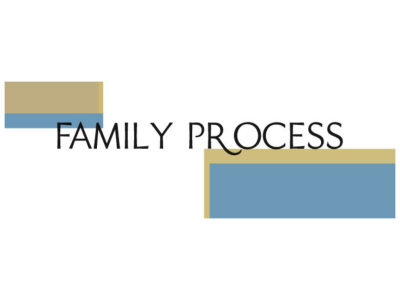
Cultural Studies Methodologies and Narrative Family Therapy: Therapeutic Conversations About Pop Culture
Therapists recognize that popular media culture is an influential force that shapes identities and relationships in contemporary society. Indeed, people have serious relationships with the commodities and practices that emerge from pop culture. However, they often lack the conceptual and conversational resources to engage meaningfully with clients about pop culture’s influence in their lives.
-

Feedback Informed Treatment: Evidence-Based Practice Meets Social Construction
This article explores the challenges presented by the mandate for evidence-based practice for family therapists who identify with the philosophical stance of social construction. Through a case vignette, the authors introduce the evidence-based practice of Feedback Informed Treatment as an elaboration of social construction, and as an example of bridging the gap between the discursive frames of empiricism and social construction.
-

Friendly Ghosts: Re-Membering Conversations with Children
This chapter illustrates the application of the narrative therapy practice of re-membering conversations with a young girl and her mother after the death of a grandparent.
-
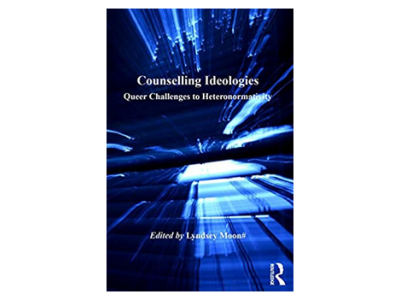
Homonormativity & Queer Youth Resistance
This chapter explores how the institutionalization of a gay identity reproduces some of the same oppressive and limiting specifications from which the gay liberation movement has sought freedom.
-
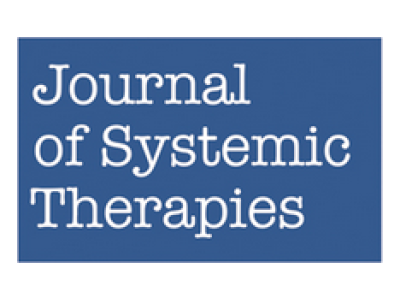
Nimble and Courageous Acts: How Michael Became the Boss of Himself
In this paper, a narrative therapist collaborates with her past clients to re-tell the story of a 9-year old’s resistance to what is called Asperger’s Disorder in the psychiatric world.
-

Pedagogy and Praxis: Postmodern Spirit in the Classroom
This article identifies some of the benefits of using a postmodern approach in a social work practice or family therapy classroom. A postmodern pedagogical stance has particular significance for faculty who teach clinical practice as postmodernism encourages reflexivity and increases students ’awareness of sociopolitical issues.
-
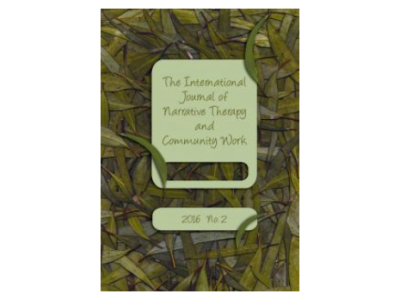
Popular Culture Texts and Young People: Making Meaning, Honouring Resistance, and Becoming Harry Potter
This article introduces the use of cultural studies methodologies as a way to make meaning and generate new identity conclusions with young people and their families.
-
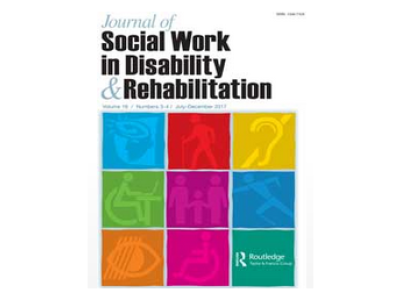
Psychotherapy Research, the Recovery Movement and Practice-Based Evidence in Psychiatric Rehabilitation
This article reviews the literature on psychotherapy outcome research and discusses the relationship between those findings and the tenets of the consumer-driven recovery model. The research provides compelling evidence for practitioners to abandon the current emphasis on diagnosis and theory, model, and technique in favor of a partnership with clients that leverages the common factors and places emphasis on the alliance.
-
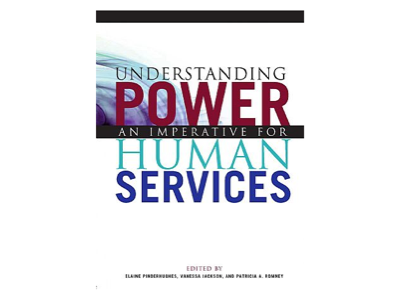
Re-Methodologizing Research: Queer Considerations for Just Inquiry
In this chapter, I describe a queer theory–informed,1 constructionist research project that I facilitated with a group of queer youths. In Part 1, I discuss the philosophy, principles, and practices that guided this research and that inform a queer analysis of power. In Part 2, I tell the story of this research as an endeavor that brought to life the “doing” of power as a discursive achievement—that is, an exercise of power—I shared with the youths.